The relation between language and mind is a fascinating area in both the Western and the Indian philosophical modes of thinking. Indian philosophers of language raise the question: How does the hearer derive knowledge from the speaker’s utterances? In the process of finding an answer, they developed some important insights into language and cognition, language generated awareness, etc. In many of their formulations the concept of mind is assumed as the background of linguistic activity. This volume throws light on various debates concerning the relation between language and mind as conceived in the Classical Indian Tradition. Papers in this volume have been arranged in three groups based on their thematic composition: (!) the inadequacy thesis proposed by the Madhyamika school of Buddhism and the Vedantins which suggests that language fails to express certain experiences; (2) the identity thesis held by the Grammarians which suggests that language is the Reality; and (3) the adequacy thesis supported by the Naiyayikas which suggests that whatever exists is capable of being known and whatever is known is capable of being expressed in language. This book is the second of a two volume project dealing with language and mind. The first dealt with the Western perspective and the present work deals with the Classical Indian Perspective.
Language and Mind: The Classical Indian Perspective (Volume 2)
In stock
Free & Quick Delivery Worldwide
reviews
Bibliographic information
Title
Language and Mind: The Classical Indian Perspective (Volume 2)
Author
Edition
1st ed.
Publisher
Decent Books, 2008
ISBN
9788186921456
Length
ix+245p., Index; 23cm.
Subjects

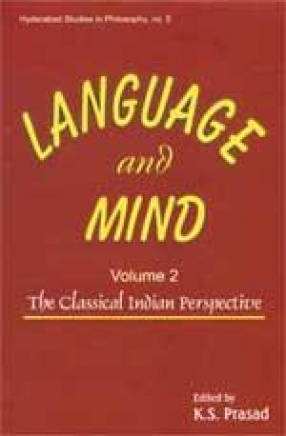
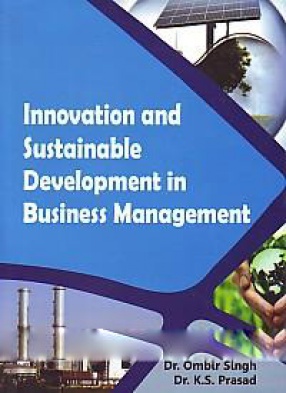
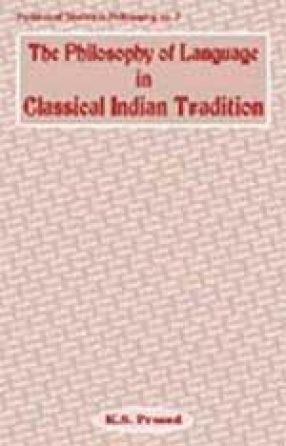
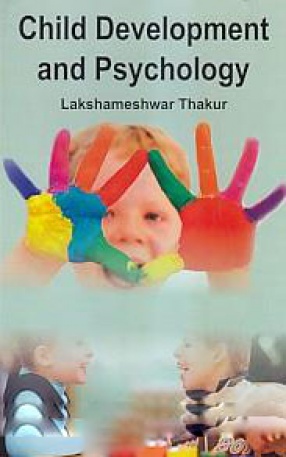
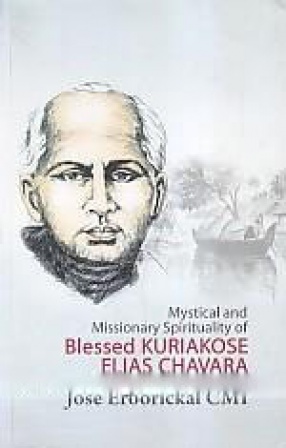
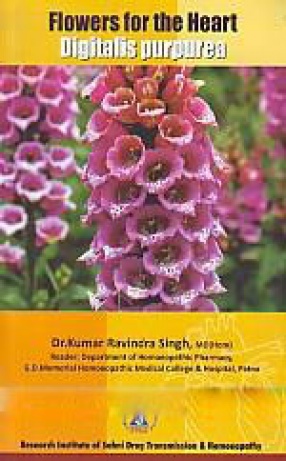
There are no reviews yet.